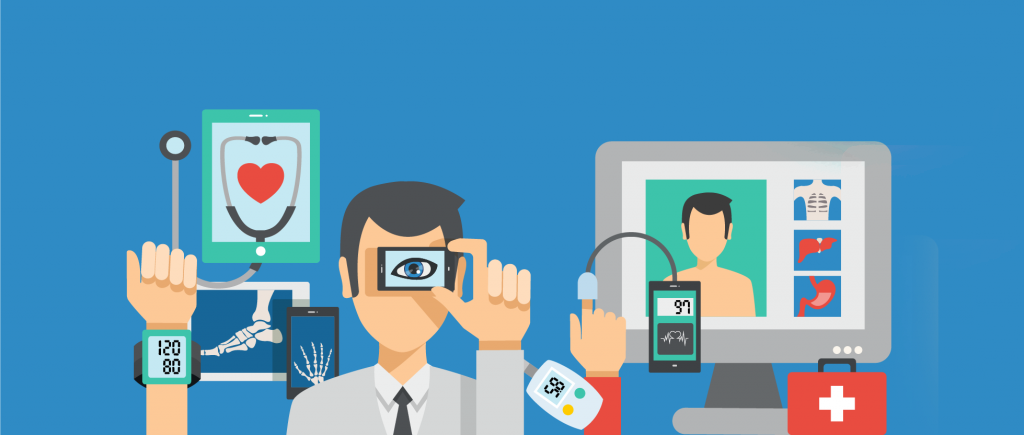Medical services face the enormous challenge of offering their services remotely quickly and effectively. What will our link with post Covid-19 medicine be like?

(Source: La Nación)
Medical services face the enormous challenge of offering their services remotely quickly and effectively. How will our link with post-Covid-19 medicine be? Some changes were already beginning to be installed in the healthcare world, in fact, online consultation to solve simple questions was penetrating deep into medical care, all while online management of authorizations and digital prescriptions continued to make their way into the administrative field. Until the Covid-19 pandemic broke out in 2020, and that extraordinary circumstance strongly accelerated this process of digital transformation.
“The use of our E-Consulta telemedicine services increased 24 times if we compare February, that is, before the quarantine, versus the month of April, which was the first full month with the declared pandemic,” they point out from Swiss Medical, where They had long started the path of transformation towards digital. “This situation now forced us to reinforce remote care services, in part to prevent our associates from physically attending the health centers, but also so that if they have to come closer they are not in contact with the waiting rooms with other people ”, they explain.
For the industry it is an opportunity. More than ever, people need reliable medical advice, and after all, information and communication technologies (ICTs) are also there to bring doctors and patients closer together.
Telemedicine is not new at all: without going any further, since we have electricity, telephones and television, medical practice has been crossing the boundaries of presence. As a concept it appeared already in the 1970s, and the World Health Organization (WHO) itself understands ICTs as a unique opportunity for the development of public health. In fact, in a 2016 document, the organization highlighted that the strengthening of health systems through e-health “reinforces fundamental human rights, increasing and improving equity, solidarity, quality of life and quality of care. ”.